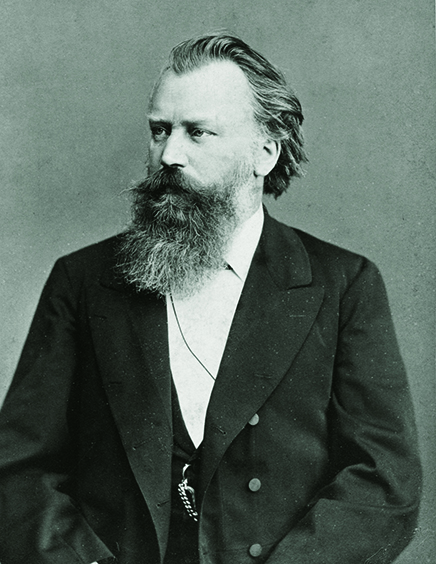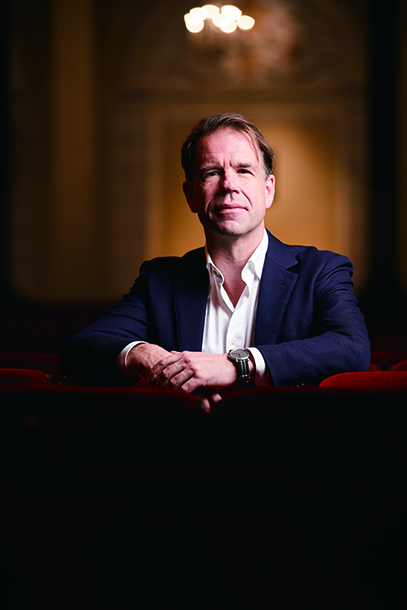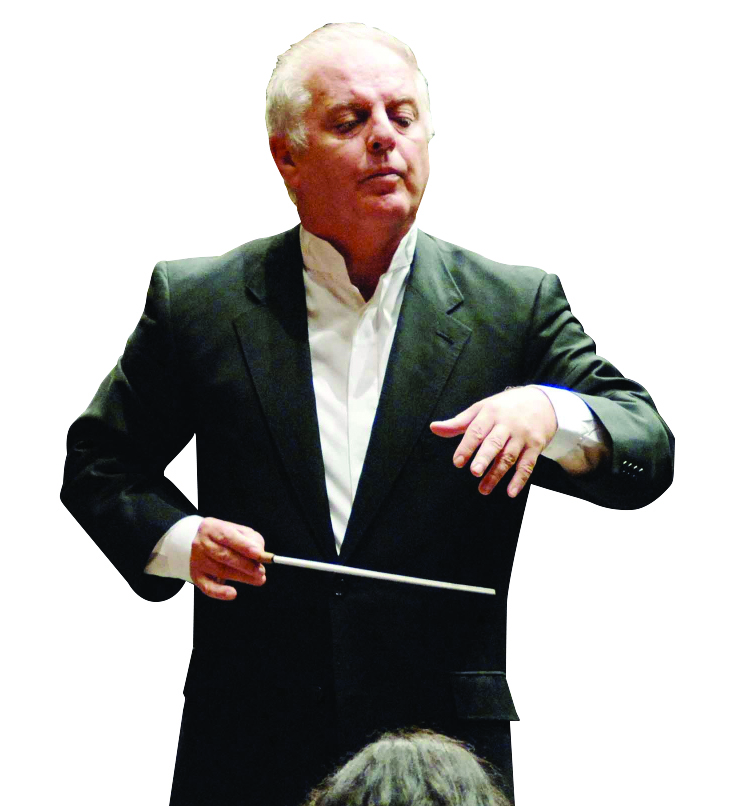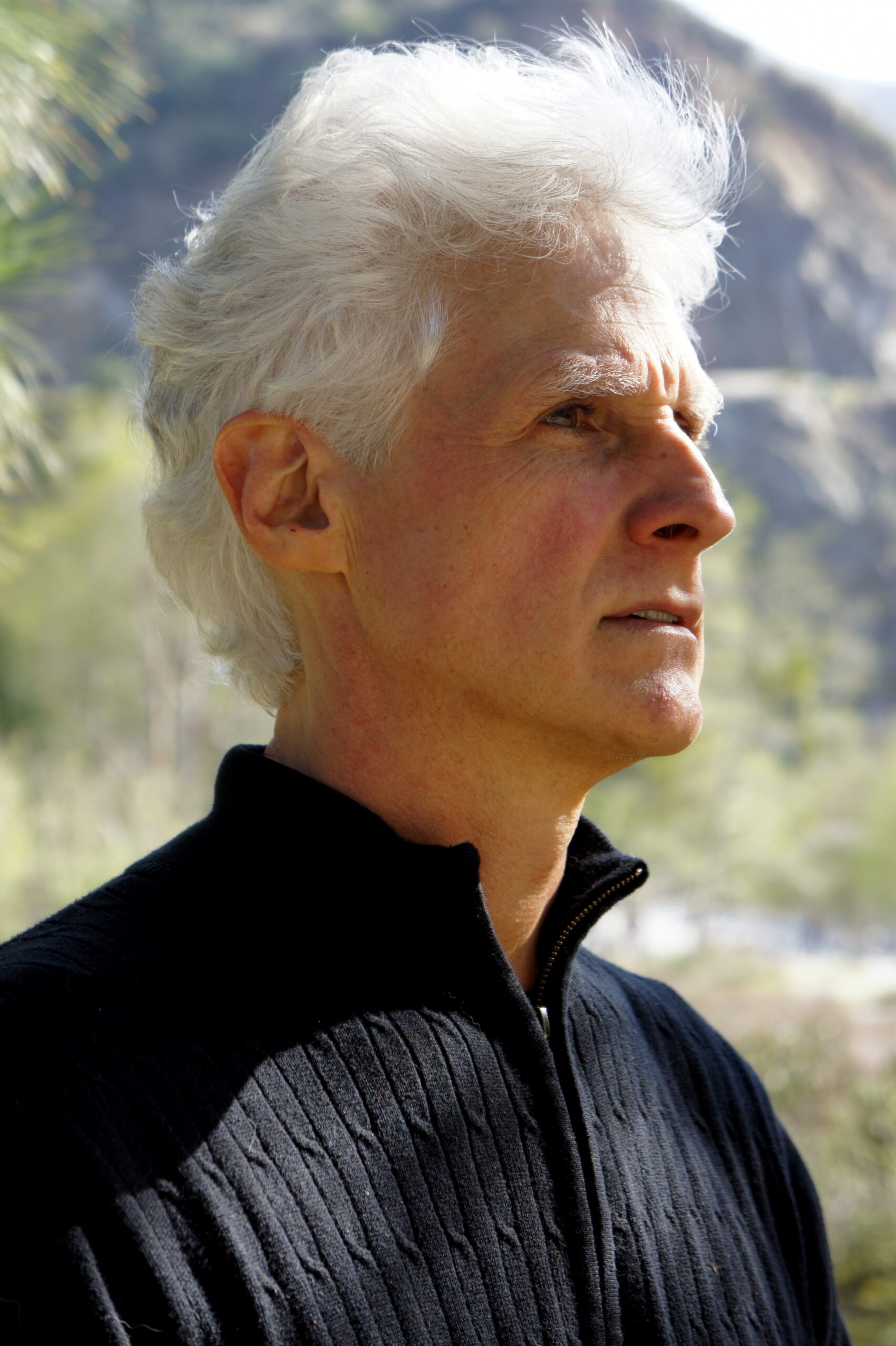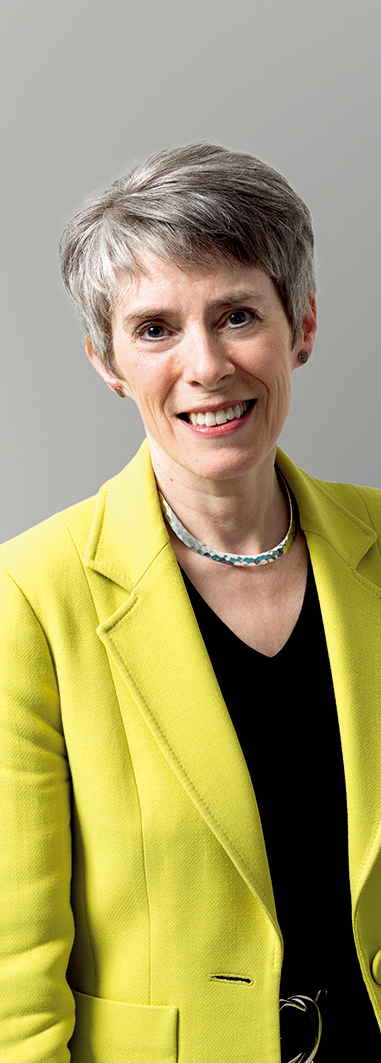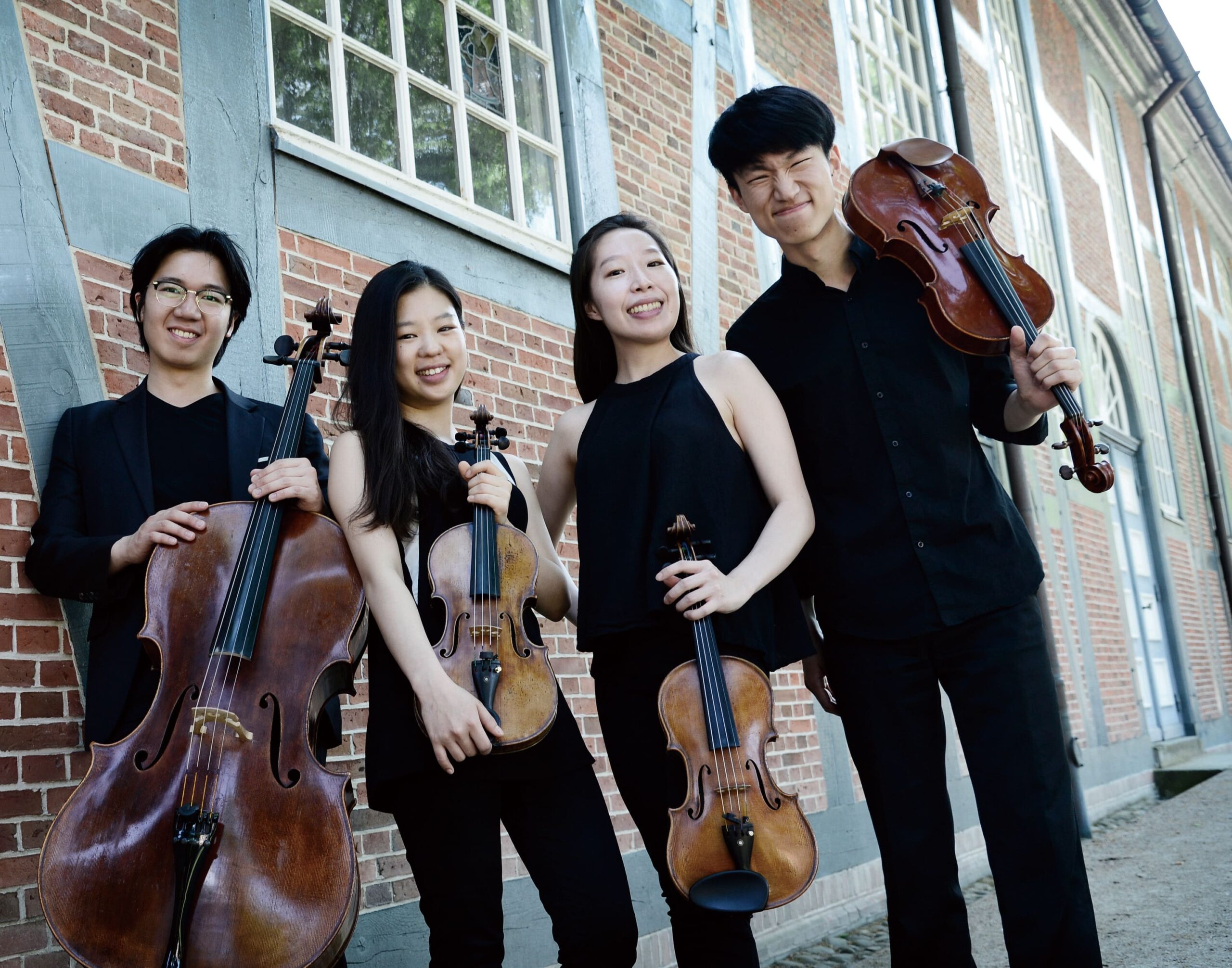지적인 다음 피아니스트는 누구
지난 12월에 찰스 로젠이 타계한 이후, 이 거장 피아니스트가 등장하는 여러 영상물들이 등장하고 있다. 영상 속의 그는 유려한 프랑스어로 피에르 불레즈의 음악을, 이탈리아어로 음악평론의 문제점을, 강건한 어퍼이스트 사이드 식 영어로 사실상 거의 모든 주제에 대해 억누를 수 없는 길이와 반박할 수 없는 권위로 설명한다. 찰스 로젠은 철학자 같은 피아니스트의 전형이며, 그 죽음으로 멸종의 위기에 놓인, 그가 스스로 부여한 것보다 훨씬 더 집중적인 관심을 받을 만한 복합종이다.
찰스 로젠은, 우선 피아니스트였다. 리스트의 제자인 모리츠 로젠탈의 웅장한 전통에 젖고, 요제프 호프만 연주의 러시아적 공상에 매료된 그는 자신이 연주하는 것이 무엇이든 – 바흐 ‘골드베르크 변주곡’이든 엘리엇 카터 중기 작품에 등장하는 변비 걸린 듯한 화성 시퀀스이든 – 반박의 여지 없는 직관성을 부여했다. 그가 연주하는 방식은 이 작품들이 다른 방식으로는 절대로 연주되지 않을 거란 믿음을 남긴다.
그가 옥스퍼트 대학의 조율 안 된 피아노로 연주하는 것을 들은 한 친구는 현대의 모든 피아니스트들 중 오직 스뱌토슬라프 리흐테르만이 그런 기념비적인 풍성함을 지녔을 거라고 전한다. 소리의 원천에서 진실을 받아들이는 감각, 동시에 같은 소리가 다시는 나지 않을 것이라는 확고한 주장, 지구가 돌면서 중력의 중심이 바뀌는 듯한 감각 같은 것 말이다. ICA 클래식스가 발매한 1978년 6월 18일 리흐테르의 페스티벌 홀 베토벤 연주 녹음을 구할 수 있다면, 그 ‘풍성함’이 어떤 것인지 정확히 들을 수 있다. 나는 차후의 검증 수단으로 찰스 로젠의 연주회를 추천하고 싶지만, 그의 음반은 어느 바보의 손에서 전작이 절판되었다. 아쉽지만 유튜브로 임시변통해야 할 것이다.
리흐테르와 달리 찰스 로젠은 원대한 서술을 좋아했다. 그는 바흐만이 일급 작곡가라고 공표했다. 쇼팽은 최고의 피아노 소나타를 썼으며, 쇤베르크는 무조음악의 이론가가 아니라, “감정이 너무 격렬하여 긴장감이 계속되는 나머지 많은 사람들에게 오히려 감정 없는 작곡가”가 된 창조자이다. 찰스 로젠은 이러한 선언들을, 논쟁을 유발하기 위해 발표했다. 실패한 적은 거의 없었다. 열심히 일하는 모든 지식인들처럼, 그 역시 텅 빈 방에서 싸움을 걸 수 있었고, 반대 의견을 인생의 목적 중 일부분으로 간주했다.
BBC 라디오에서 클래식 공연의 관객 감소에 대해 논쟁한 적이 있었다. 찰스 로젠은 대단히 경멸하며 이렇게 말했다.
“나는 열다섯 명 정도의 관객을 두고 독주 무대를 가진 적도 있었어. 물론, 그중 열두 명은 노벨상 수상자들이었지.”
그의 지적 작업은 (대부분이 그러하듯) 지루함에 대한 공포로부터 발생한다. 의미를 찾으려는 그의 바람을 음악 그 자체로는 충족되지 못할 것이라는 끔찍한 불안에서 시작하는 듯하다.
이 높은 기준에 의해 찰스 로젠은 궁극의 결합체가 되었다. 프랑스 요리, 19세기 예술사와 영국 연극의 웃긴 전통 같은 전문적인 흥미들과 더불어 피아노와 소뇌, 심오함과 장난기, 연주와 반향 등 모든 것이 결합했다. 요컨대 찰스 로젠은 ‘철학가 피아니스트’의 화신이었다. 다른 음악적 직업에는 적용되지 않는 조합이다.
바이올리니스트들은 화려하고 대부분의 첼리스트들이 매력적이지만, 그들 중 누구도 피아니스트들처럼 대중을 지적으로 움직이지 못한다. 리스트와 부소니라는 지식 계층부터, 스크랴빈과 란도프스카의 인습타파, 마리아 유디나와 알베르트 슈바이처의 종교적인 헌신부터 아르투르 슈나벨과 글렌 굴드의 논리적 기행까지…. 피아니스트들은 독립적이고 새로운 사고로 생각을 말할 권리를 주장한다.
현악기 연주자들은 활 털과 줄, 송진을 챙긴 채 많은 연주를 해야 한다. 지적인 작업을 위한 여가를 얻기에는 너무 많은 양이리라. 피아니스트들 앞에는 백건과 흑건, 모든 것이 놓여져 있지만 현악기 연주자들은 음 자체를 찾아야 한다. 바이올리니스트들은 정신적 자극을 위해 다른 음악가들에게 의지한다. 최고의 호기심과 가톨릭에 대한 흥미로 가득했던 예후디 메뉴인은 세계대전 이전의 긴 투어 중 깨달음을 얻기 위해 반주자에게 의지했다고 내게 말했다. 추리물을 읽는 피아니스트는 곧 대체되었다. 피아니스트는 파트너의 IQ를 높이기 위해 존재했다.
리흐테르는 구소련의 시인 보리스 파스테르나크의 열려있는 관 옆에서 업라이트 피아노로 스크랴빈을 밤새 암보로 연주했다고 한다. 이는 기이하고도 사적인 정보와 관련이 있다. 시인은 어릴 때 위대한 작곡가에게 피아노를 배웠고, 1930년 리흐테르의 스승인 네이가우스의 부인과 눈이 맞아 달아났다. 이후 네이가우스는 모스크바 학생들에게 파스테르나크의 작품을 외우도록 강요했다.
이렇게 지그재그로 엮인 관계 속에서, 피아노 의자에 앉아있는 사람들이 장르와 세대를 뛰어넘는 문화적 가치의 전형과 그 전파를 충족시키는 임무를 지녔음을 언뜻 알아챌 수 있다. 피아노는 우리의 거실에 서식하며, 창조적 한계를 상기시키며, 책망이다. 철학자라는 직업은 피아노 연주의 부수적 요소가 아니다. 그것은 이미 내재된 것이다.
찰스 로젠이 떠난 지금, 누가 그 임무를 맡을 것인가? 두려워하지 말라. 공백은 채워질 것이다. 속으로는 피아니스트인 다니엘 바렌보임은 무미건조한 논문들의 열렬한 독자이다. 알프레트 브렌델은 연주자의 관점에서 기고하고 강의한다. 모든 프랑스 피아니스트들은 국민적인 자각에 의해 철학가가 되다 만 사람들이다. 랑랑은 상급의 독서 코스로 갔다. 이들 중 아무도 그 1인 2역을 해내지 못했지만, 나는 해낸 사람을 안다.
머지사이드주의 멜리스마티스트, 스티븐 허프의 글은 너무하다 싶을 정도로 널리 읽힌다. 십대의 사제 입후보자로서, 그는 자신의 장거리 비행을 위한 시편의 번역을 출판했고 자작곡을 녹음했으며 미술 전시회도 열었다. 간헐적으로 예술ㆍ춤ㆍ모자ㆍ신념과 동성애자 경험에 관한 글을 블로그에 올리기도 한다. 그는 모든 것을 이야기한다. 우리는 사실 가까운 이웃인데, 그는 밤 늦게까지 연주한다. 스티븐 허프가 ‘포스트 모던 스타일’의 글을 쓰지 않기 바란다. 그의 스타일이 전혀 아니다. 스티븐 허프가 우리 곁에 있다는 사실은, 피아노가 우리를 사고(思考)하게 하려고 존재한다는 사실을 끊임없이 상기시킨다. 번역 이윤희(인디애나 음대 박사)
Who’s the next piano intellectual?
Days after Charles Rosen’s death in December, videos began to appear in which the master-pianist was seen holding forth in accent-free French on the music of Pierre Boulez, in Italian on the problems of music criticism and in robust Upper West Side English on practically every topic known to man, at irrepressible length and with irrefutable authority. Charles was the epitome of the philosopher pianist, a hybrid species that risks extinction with his passing and which deserves more concentrated attention than he himself accorded it, and in much shorter sentences. So there.
Charles was, first off, a pianist. Steeped in the grand tradition by the Liszt pupil Moriz Rosenthal, and drawn to the Russian fantasy by the playing of Josef Hofmann, he imposed an incontrovertible immediacy on whatever he played, be it Bach’s Goldberg Variations or the constipated chordal sequences of middle-period Elliott Carter. His manner of playing made you believe that this piece could go no other way.
A friend who heard him play on ill-tuned Oxford college pianos observes that, of all modern pianists, only Sviatoslav Richter possessed that monumental rightness in performance – that sense of having received the truth from source and, simultaneously, asserting that it would never sound the same again, that its centre of gravity would shift as the earth turns. If you can afford the ICA Classics release of Richter’s Festival Hall Beethoven recital of June 18, 1975 you will hear exactly what is meant by this rightness. I would love to recommend a Rosen recital by way of further validation, but his label, in idiot hands, has let the entire oeuvre lapse out of print so you will have to make do with less edifying Youtube uploads.
Rosen, unlike Richter, was fond of making grand statements. Bach, he declared, was the only first-rate composer. Chopin wrote the best piano sonatas. Schoenberg was not an atonal theorist but a creator in whom ‘the emotion is so violent and so consistently tense that for a great many people he is a non-emotional composer.’ He issued these pronouncements with the intention to provoke an argument, and seldom failed. Like every hard-working intellectual, he could pick a fight in an empty room and regarded contrariness as being part of life’s purpose.
We once quarreled in a BBC studio about declining attendances at classical concerts. ‘On occasion,’ intoned Charles with lofty disdain, ‘I have played for as few as 15 people in a recital. Of course, 12 of them held Nobel prizes…’
His intellectualism arose (as it does in most) from a fear of boredom – in particular, I suspect, from an awful anxiety that music itself would fail to satisfy his personal need for meaning. While rehearsing for his concert debut at 23 years old, he completed a PhD in French literature at Princeton University, adding further credits in mathematics and philosophy. Making his first records, he dispensed with hack-written sleeve notes and composed his own. A publisher, impressed, commissioned The Classical Style, an award-laden book which not only defined lucid distinctions between Haydn, Mozart, Beethoven and the rest in truly original capsules but served for 40 years as the final arbiter of style- the top item on every music student’s booklist and a cop-out for academics who never needed to rethink classical form once Charles had nailed it.
He was, by this exalted measure, the ultimate fusion of keyboard and cerebellum, of profundity and playfulness, of performance and reflection – all of these, along with such other expert interests as French cuisine, 19th?century art history and the ribald tradition in English theatre. Charles Rosen was, in sum, the personification of the philosopher pianist, a combination that applies to no other musical occupation.
Brilliant as violinists can be, charming as most cellists are, none can play the public intellectual as pianists do. From the high brows of Liszt and Busoni, to the iconoclasms of Scriabin and Wanda Landowska, from the religious devotions of Maria Yudina and Albert Schweitzer to the logical perversities of Arthur Schnabel and Glenn Gould, pianists assert the right to think aloud, independently and outside the box.
String players may have to fiddle too much, perhaps, with bits of hair and gut and rosin to find the leisure for intellectualism. They have to make their own notes, where pianists have everything laid out for them in black and white. Violinists turn to other musicians for mental stimulation. Yehudi Menuhin, a man of the greatest imaginable curiosity and most catholic interests, told me that he relied on his accompanist for enlightenment on lengthy pre-war tours. If the pianist read thrillers, he got replaced. A pianist was meant to raise his partner’s IQ.
Of Richter, it is related that he sat all night long beside the open coffin of Boris Pasternak, playing Scriabin from memory on an upright piano, in the peculiar and intimate knowledge that the late poet had been taught the piano as a boy by the great composer and that, in 1930, the poet had eloped with the wife of Richter’s teacher, Heinrich Neuhaus, who, ever after, obliged his Muscovite piano students to memorise the writings of Pasternak.
In such zig-zag conections (and in a sentence of Rosenian parody) we may glimpse the mission that a man or woman who sits upon a piano stool can fulfil in the embodiment and transmission of cultural values across genres and generations. The piano inhabits our living room, a reminder and reproach of creative limitations. The profession of philosopher is not incidental to playing the piano; it is inherent.
So who will bear that mission now that Charles Rosen is no more? Fear not, the vacuum will be filled. Daniel Barenboim, a pianist at heart, is an avid reader of arid tracts. Alfred Brendel writes and lectures on his view from the stool. Every French pianist is by national perception a philosopher manque. Lang Lang has gone on an advanced reading course. None of these yet wears both hats, but I know one who does.
The Merseyside melismatist Stephen Hough is widely read to an indecent degree. A teenaged candidate for priesthood, he has published his own translation of Psalms for long-haul flights, recorded an album of his compositions and presented an exhibition of his paintings. He blogs intermittently on art, dance, hats, faith and gay experience. He speaks in whole paragraphs. He plays – we are near-neighbours – far into the night. I don’t expect Stephen to write The Post-Modern Style. Not his style at all. But having him around the corner is a constant reminder that the piano is there for no better reason than to make us think. NL

